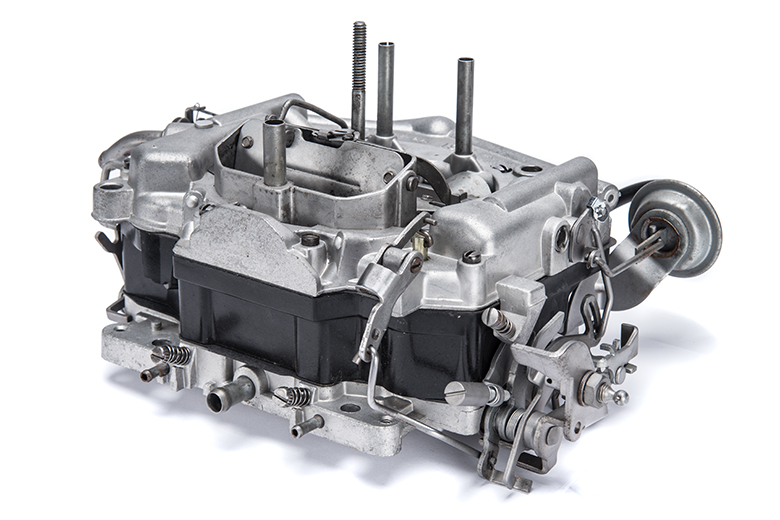I got a 1986 Dodge Ram B350, Its had running problems for a while now. I installed a brand new fuel pump thinking that was the problem, it also has brand new spark plugs, wires, and distributor. But it continued to run weird, shutting down frequently, lacking in power. Both of those replacements temporarily improved things but it declined again later on. But it did keep running, it never fully stopped.
Anyways after struggling with it chug chugging along all summer in Mammoth I had to drive it home 8 hours to San Diego, and it made it home fine! And then one day after getting home it shut off and now refuses to stay running for even 5 seconds. At least it got back before E36 M3ting the bed completely. One thing to keep in mind is throughout all of this, it has always and still will start instantly on starting fluid and run fine. I used starting fluid to drive it up a long driveway after it stopped running on its own completely. So considering that im thinking it has to just be a fueling problem right? if that sounds correct than i just need help finding a new Carburetor, if it sounds like something else let me know
So Ive called several Carb shops and they've either told me I'm SOL or offered a very expensive rebuild price along with a long wait time. Are there really no replacements that I can just bolt on out of the box? After owning 10 different vehicles, this is my first Carbureted and first American so I'm out of my realm here. There are so many different options and fitments and I'm lost. So can anyone confidently say what a good option could be? Just anything that will get this thing running right again. Its the 5.9 V8 Automatic. the Carb is some kind of 4 barrel thing, here it is pictured below








































